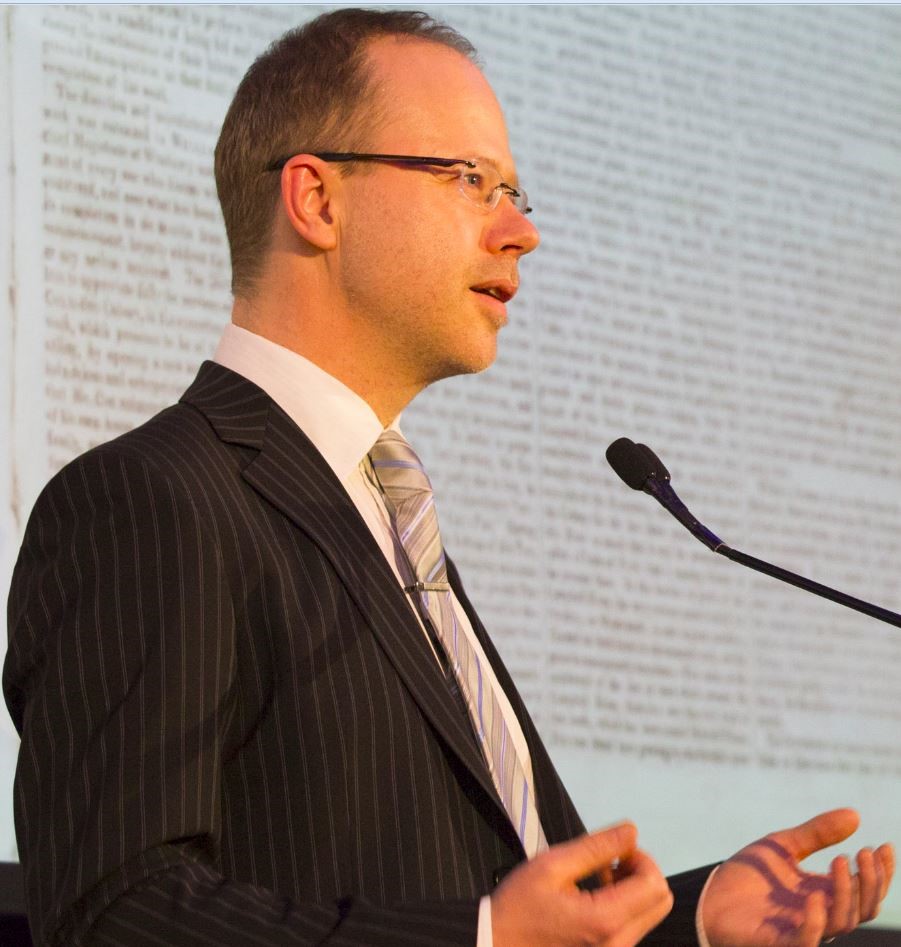Exploring the rise of open scholarship in the digital era and its transformational impact on how knowledge is created, shared, and accessed, this open access book offers new insights on the history, development, and future directions of openness in the humanities and identifies key drivers, opportunities, and challenges.
The concept of open research is reconfiguring scholarly communication across all disciplines, changing how understandings are produced through more accessible, participatory, ethical, and transparent approaches, reaching and involving far broader and more diverse publics. Considering multiple stakeholder perspectives, Arthur and Hearn argue that for the humanities to proactively contribute to open knowledge at the global scale, new ways of thinking are needed within every part of the system. In the open information economy, the humanities are on a trajectory following the sciences, but parts of the world are almost completely left out. A cultural shift is required for universities to unlock the powerful potential of humanities open scholarship. In this wide-ranging overview, the authors show why and how the global research community must work together for meaningful outcomes. Open scholarship has undergone a profound change since its beginnings from a call to action to an essential principle in research organizations internationally. However, the core impulse remains: to reshape the information environment and harness the world’s knowledge for the greatest benefit of society.
Arthur, Paul Longley, and Lydia Hearn. Open Scholarship in the Humanities. London: Bloomsbury, 2024.
https://www.bloomsbury.com/au/open-scholarship-in-the-humanities-9781350232273/






